Keywords: Catholic Social Services Australia
-
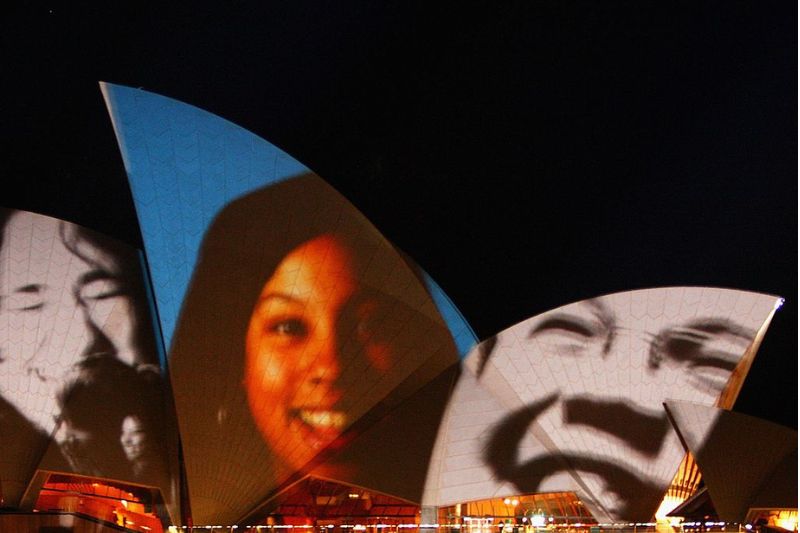
AUSTRALIA
- Andrew Hamilton
- 17 August 2022
4 Comments
Few Australians of Irish descent will now be familiar with this history and the experience that accompanied it. They would see themselves as simply Australian. But the emphasis on social justice, the recognition of the value of community, and the concern for people who are marginal that are communicated through Catholic schools and the sympathy with the underdog owe much to the Irish heritage.
READ MORE 
-
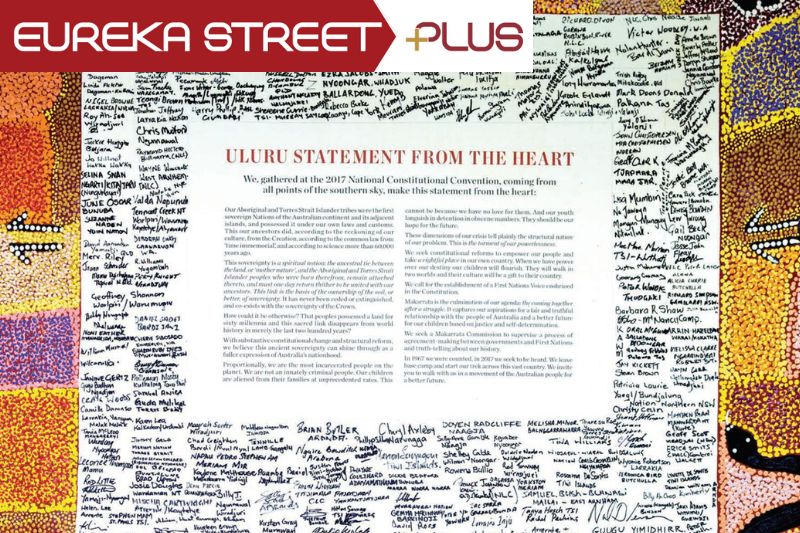
AUSTRALIA
- Frank Brennan
- 17 August 2022
2 Comments
We need to be able to do more than simply give notional assent to the Uluru Statement. We need to be able to contribute to the hard thinking and difficult discussions to be had if the overwhelming majority of our fellow Australians are to be convinced of the need for a Voice in the Constitution.
READ MORE 
-
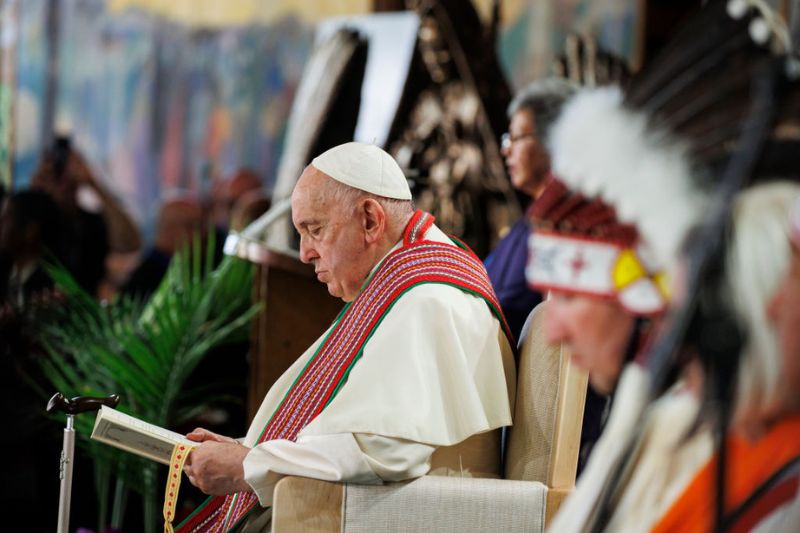
AUSTRALIA
- Andrew Hamilton
- 11 August 2022
9 Comments
Much has recently written about the doctrine of discovery and its bearing on the treatment of Indigenous peoples, particularly in the United States where it grounded an early legal decision. The doctrine enshrined in law claims that the discovery of underpopulated and cultivated lands conferred on the discoverers the right to ownership, and was used to justify colonial occupation of territory in the Americas, Asia and Africa.
READ MORE 
-
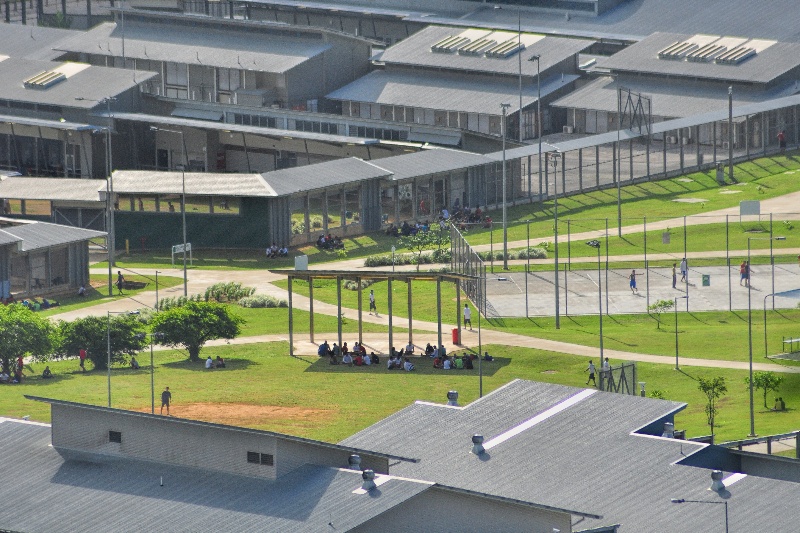
AUSTRALIA
- Maeve Elrington
- 02 August 2022
3 Comments
Former detainee, Kurdish-Iranian refugee Mostafa ‘Moz’ Azimitabar, seeks compensation from the Federal Government for what he alleges was unlawful detention. Detained offshore in Papua New Guinea (PNG) and in Australia for almost eight years, Moz is seeking compensation in the Federal Court of Australia for the physical and emotional toll of his detention, particularly from the final 14 months of detention in two Melbourne based hotels.
READ MORE 
-
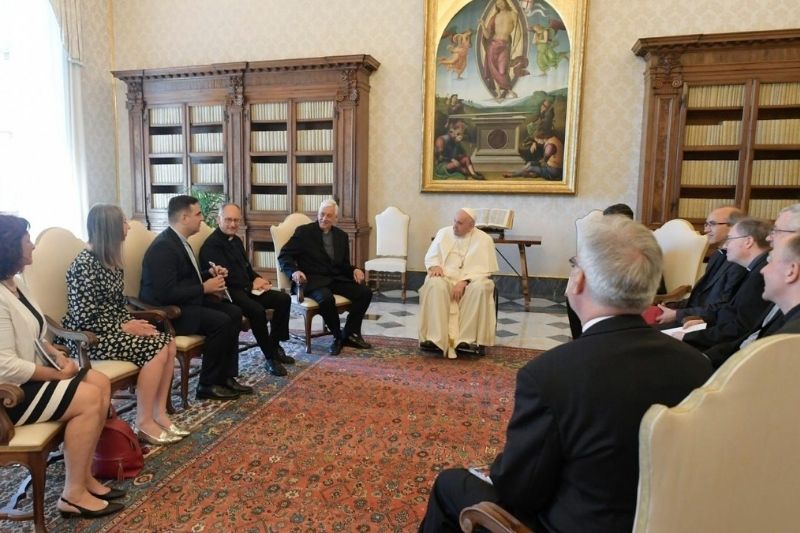
MEDIA
- Andrew Hamilton
- 07 July 2022
3 Comments
In a recent meeting Pope Francis met the editors of European Jesuit cultural magazines. As usual in such meetings he did not give an address but invited the participants to ask questions. The questions ranged across a wide area, reflecting the different readership and religious culture of the magazines. Underlying the Pope’s responses lay a challenging and coherent approach to the Jesuit mission and to communication that invites self-reflection also among Jesuit magazines and their readers outside Europe.
READ MORE 
-
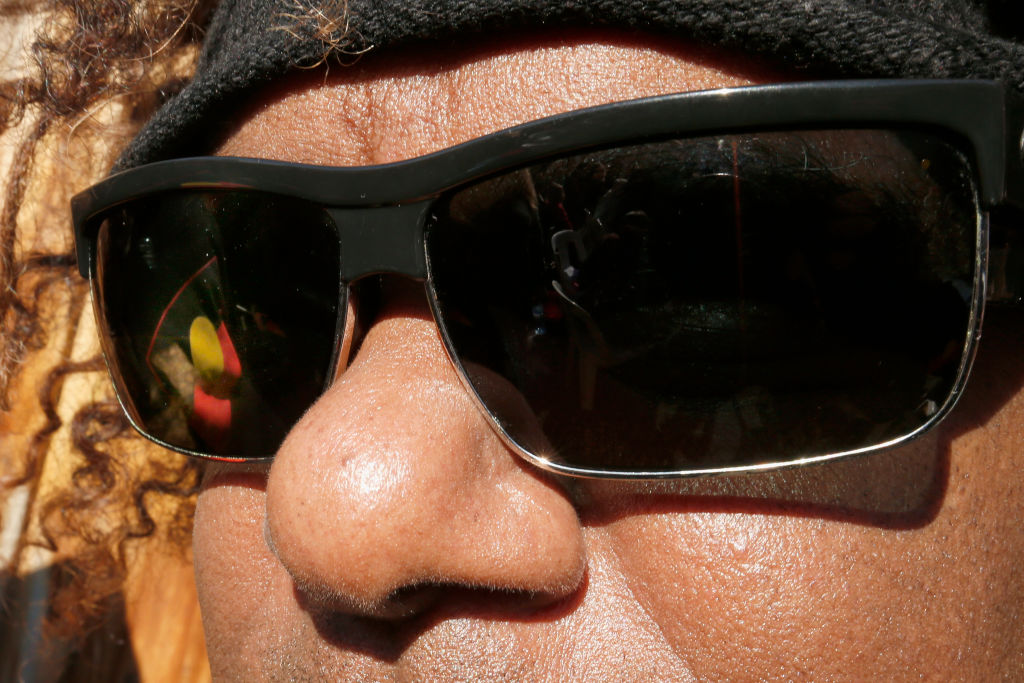
AUSTRALIA
- Andrew Hamilton
- 30 June 2022
11 Comments
If NAIDOC and of the Australian Catholic Church are to achieve their goals time and patience will be required. Yet both show signs of justifiable impatience. This year the theme of NAIDOC Week is Get Up! Stand Up! Show Up! Its tone is urgent, expressing frustration at the resistance to change but also the recognition that new possibilities have opened.
READ MORE 
-
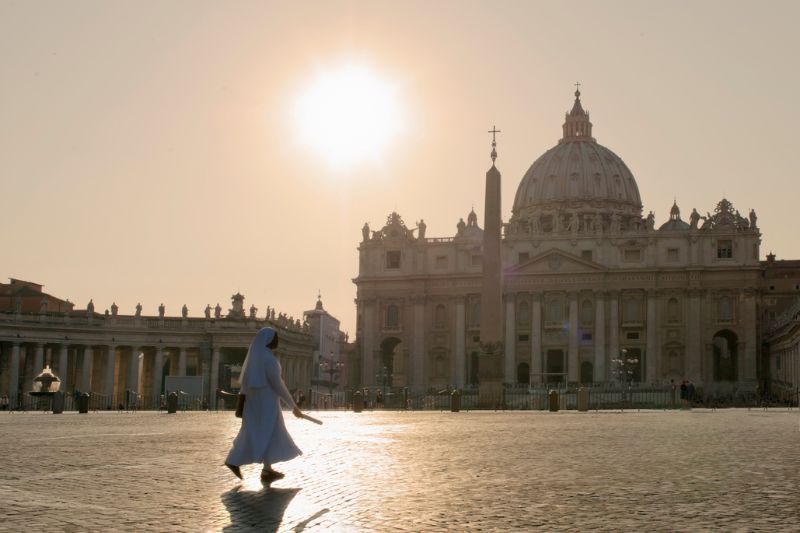
RELIGION
- Paul Collins
- 28 June 2022
7 Comments
A basic principle was laid down in the pope’s recent Apostolic Constitution entitled Praedicate evangelium that is profoundly important with far-reaching consequences for the whole church. This principle states that any baptised Catholic ‘can preside over a dicastery,’ that is run a Vatican department. Previously only ordained clerics could do this.
READ MORE 
-

AUSTRALIA
- Francis Sullivan
- 20 June 2022
1 Comment
Despite last week’s decision by the Fair Work Commission to push up the national minimum wage by 5.2 percent, millions of Australians, in all parts of the country, will continue to live in poverty and on survival wages. The facts are that the Commission’s decision takes the minimum wage from $772 a week to $812, an increase of $5.70 a day, not a fortune but better than nothing.
READ MORE 
-
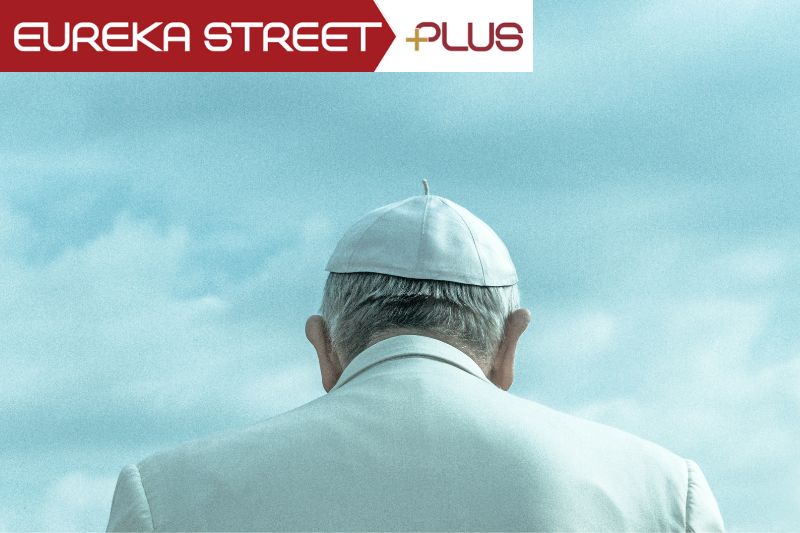
RELIGION
- Geraldine Doogue, Greg Craven, John Warhurst, Julian Butler
- 17 June 2022
3 Comments
After four years, the Fifth Plenary Council of Australia is nearly at a close with the second and final assembly in July. So what has been the significance of the Plenary Council so far, and what can we expect from the final session? In this Roundtable, Geraldine Doogue, John Warhurst, Greg Craven and Julian Butler reveal their hopes and expectations for the process and discuss likely outcomes.
READ MORE 
-
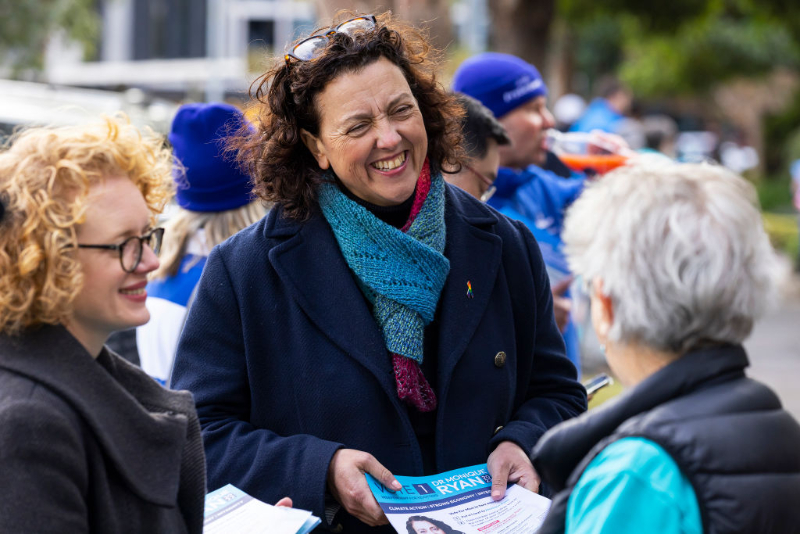
EDUCATION
- Chris Middleton
- 23 May 2022
7 Comments
Perhaps the most dramatic individual result of the Federal election was that Menzies’s seat, Kooyong, has fallen to a Teal independent, Dr Monique Ryan. Xavier College sits in the Kooyong electorate, and Dr Ryan is a parent at the College. Dr Ryan proved to be an impressive candidate who ran as a good a local campaign as I have ever seen. It was marked by a strong engagement by many locals, and especially among professional women, and older residents.
READ MORE 
-
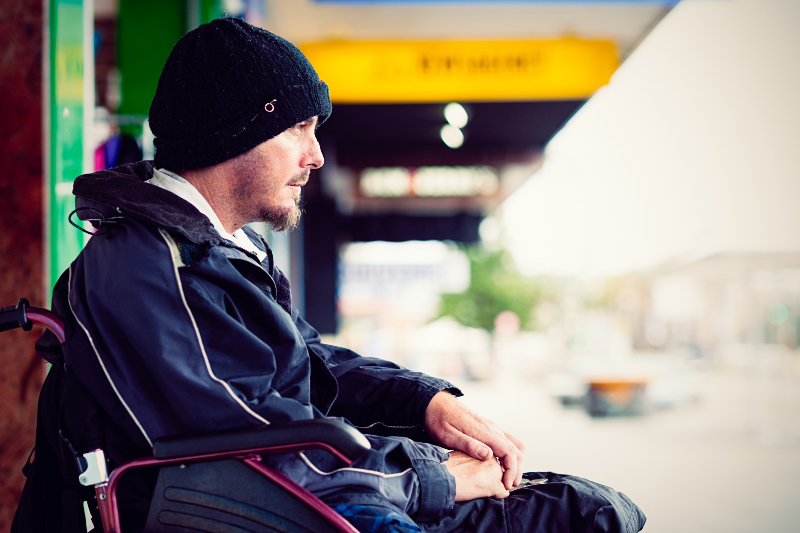
AUSTRALIA
- Claire Victory
- 19 May 2022
1 Comment
There is an Australia that many people seldom encounter and its citizens number in the millions. These citizens live in all cities and regional towns, often in sub-standard yet costly housing, and struggle to survive week to week on low wages or inadequate government assistance.
READ MORE 
-
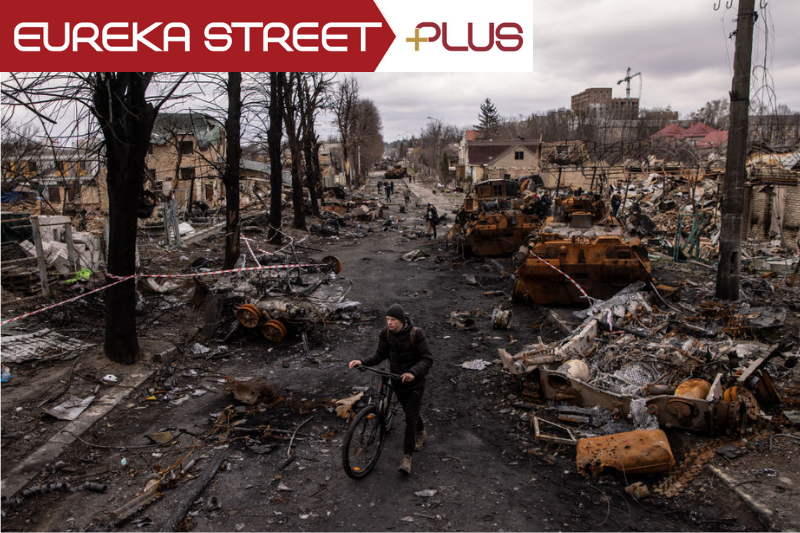
INTERNATIONAL
- Andrew Hamilton, David Halliday, Michele Frankeni, Stewart Braun
- 19 May 2022
5 Comments
We are now three months into the Ukraine war. From an invasion it has turned into a war of attrition that has cost many lives, displaced civilians, destroyed cities, and led to sanctions and the making of alliances with effects that have spread suffering far beyond Ukraine. In this Roundtable, Andrew Hamilton SJ, David Halliday, Michele Frankeni and Dr Stewart Braun explore the ethics of the war and likely paths to peace.
READ MORE 